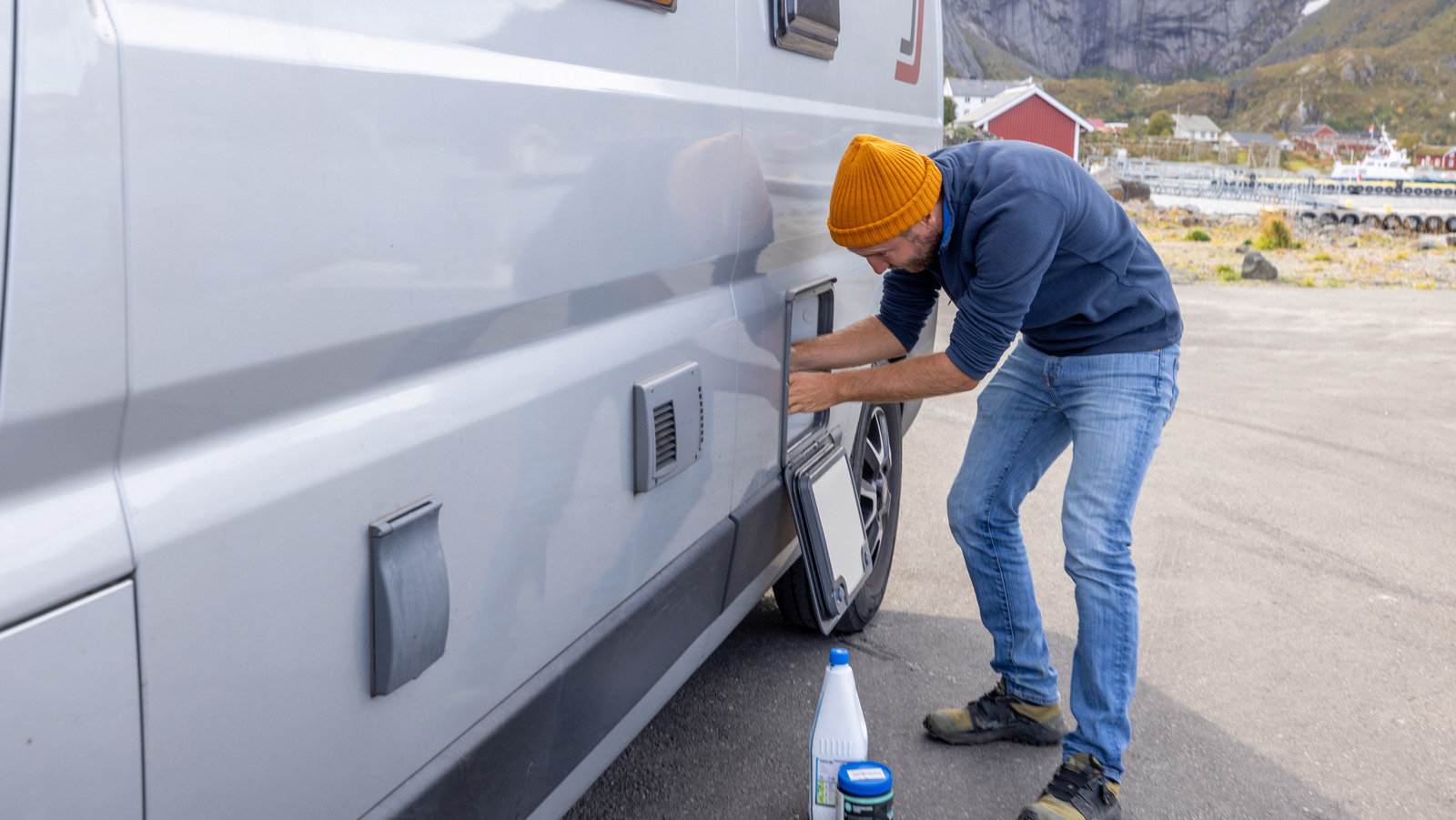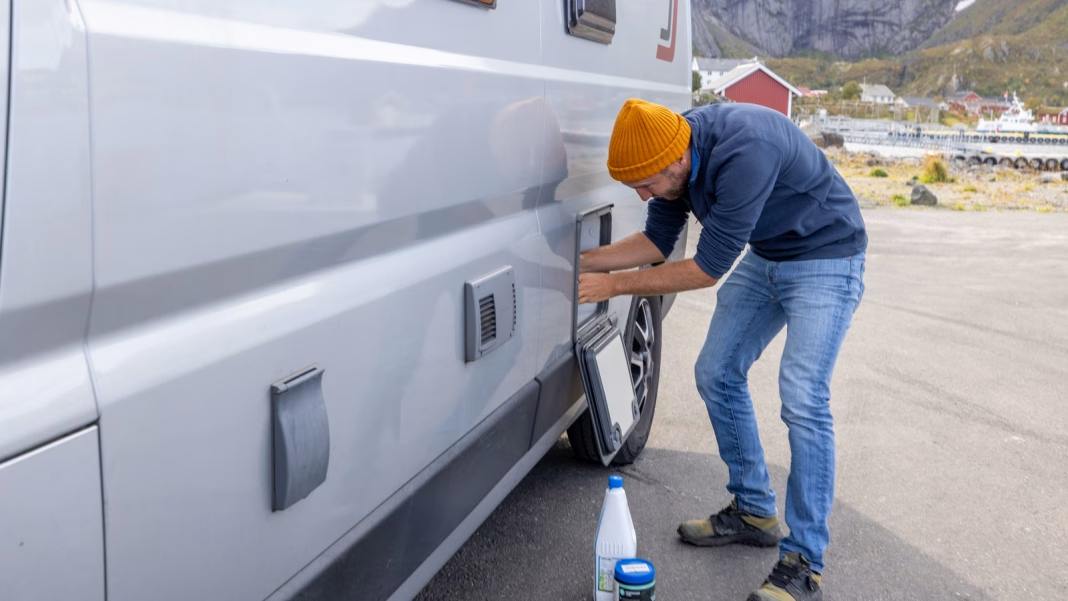What Makes RV Antifreeze Different from Regular Antifreeze?
If you’ve ever wandered the aisles of an auto parts store, you’ve probably noticed that antifreeze comes in more than one flavor. There’s the standard stuff for cars and trucks, and then there’s a special version labeled for RVs. At first glance, you might wonder if this is just a marketing gimmick. But the truth? RV antifreeze is a whole different animal, and using the wrong type could spell trouble for your vehicle or your home-on-wheels.
Why Can’t I Use Regular Antifreeze in My RV’s Plumbing?
It’s tempting to grab whatever’s on hand, especially when prepping your RV for winter. But here’s the catch: regular automotive antifreeze is designed for engines, not for the plumbing systems found in RVs. The main ingredient in most car antifreeze is ethylene glycol, which is highly toxic. That’s a big problem when you consider that RV antifreeze is meant to flow through pipes that eventually carry your drinking water.
RV antifreeze, on the other hand, is typically made from propylene glycol or ethanol. Propylene glycol is considered food-grade and is far less toxic, making it safe for use in systems that supply water for cooking, cleaning, and drinking. Ethanol-based RV antifreeze is also less hazardous but can have a strong odor and taste, so some RV owners prefer to stick with propylene glycol.
How Does RV Antifreeze Protect My Plumbing?
Unlike engine antifreeze, which needs to withstand extreme heat and pressure, RV antifreeze is formulated to prevent water in your pipes from freezing and expanding. When water freezes, it expands by about 9 percent—enough to crack pipes, burst fittings, and cause all sorts of headaches once spring rolls around.
RV antifreeze is designed to remain liquid at temperatures as low as -50°F (-46°C), which is more than enough protection for most climates. It coats the inside of your pipes, preventing ice from forming and giving you peace of mind through the coldest months. Some brands even include lubricants to help keep seals and gaskets in good shape during long periods of storage.
Is There a Risk to My Health or My RV If I Use the Wrong Antifreeze?
Absolutely. Pouring automotive antifreeze into your RV’s plumbing can contaminate your water system with toxic chemicals. Even trace amounts of ethylene glycol are dangerous if ingested, especially for children and pets. The Centers for Disease Control and Prevention (CDC) warns that ethylene glycol poisoning can cause kidney failure and even death if not treated promptly.
Beyond health risks, using the wrong antifreeze can damage your RV. Automotive antifreeze can degrade plastic and rubber components in your plumbing, leading to leaks and expensive repairs. It’s simply not worth the risk.
What About Environmental Impact—Is RV Antifreeze Safer?
Here’s where things get interesting. Propylene glycol, the main ingredient in most RV antifreeze, is biodegradable and breaks down relatively quickly in the environment. Ethylene glycol, by contrast, is much more toxic to wildlife and aquatic life. According to the Environmental Protection Agency (EPA), propylene glycol is considered a safer alternative for applications where accidental spills might occur.
That said, even RV antifreeze should be handled responsibly. Don’t dump it down storm drains or into the soil. Most communities have designated disposal sites for used antifreeze—use them.
Can I Use RV Antifreeze in My Car?
Short answer: no. While RV antifreeze is great for protecting pipes, it doesn’t have the heat transfer properties or corrosion inhibitors needed for automotive engines. Using it in your car’s cooling system could lead to overheating and engine damage. Always stick to the type of antifreeze recommended by your vehicle’s manufacturer.
How Do I Choose the Right RV Antifreeze?
Look for products clearly labeled as non-toxic and safe for potable water systems. Propylene glycol-based antifreeze is generally the gold standard, especially if you’re sensitive to taste or odor. Check the freeze protection rating—most RV antifreeze is rated to -50°F, but if you’re camping in truly extreme conditions, you might want something even stronger.
It’s also smart to read reviews and consult with fellow RV owners. Some brands add extra lubricants or corrosion inhibitors, which can help extend the life of your plumbing system. A little research goes a long way.
The Big Takeaway
RV antifreeze isn’t about perfection—it’s about smarter adjustments. Use the right stuff, and you’ll protect your investment, your health, and your peace of mind. Start with one change this week—swap out any questionable antifreeze for the right formula—and you’ll likely spot the difference by month’s end. Safe travels, and here’s to pipes that survive the winter unscathed.


